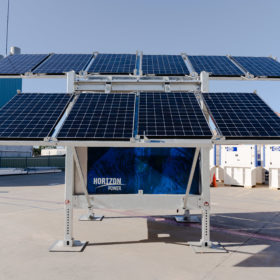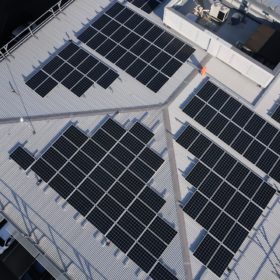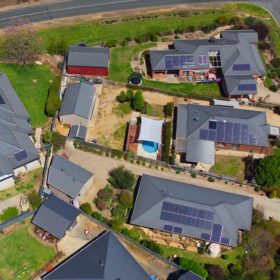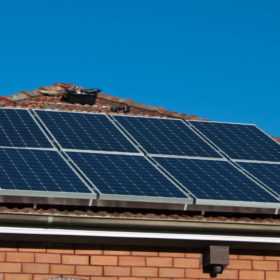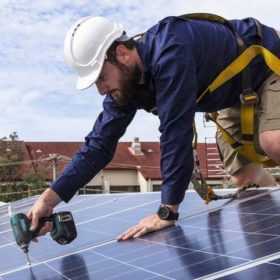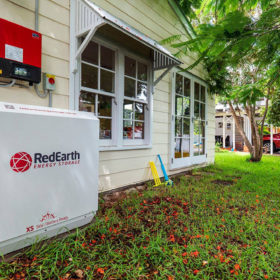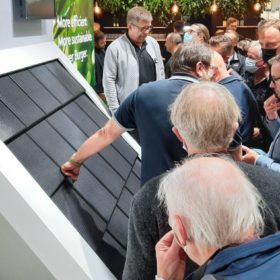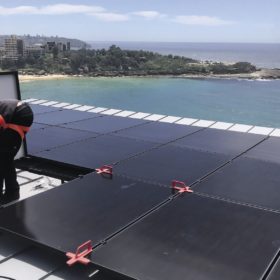Distribution networks set to shrink: standalone solar hybrid systems are safer, more reliable
Western Australia leads the world in successfully implementing renewables-based energy generation for far-flung customers. Unique joint venture and pioneer in the field, Boundary Power, has been widely recognised for its innovations and is ready to repeat its SAPS successes across Australia and the Asia-Pacific.
Melbourne could meet 74% of its electricity needs with solar
Buildings in the City of Melbourne could provide 74% of their own electricity needs if solar technology is fully integrated into roofs, walls and windows, new research from the ARC Centre of Excellence in Exciton Science has found.
Australians have now installed more than three million rooftop solar systems
After another year of record rooftop solar installations, and despite Covid-19 related lockdowns and federal political ineptitude on a level comparable to self-sabotage, Australia has soared past the three million mark and the numbers are only accelerating.
PV system design for low-cost hot water production
Developed by Spanish scientists, the proposed system design is said to be able to achieve water temperatures above 70 degrees Celsius and to cover around 85% of the annual sanitary hot water consumption of a household with six people.
UNSW Exclusive: Heated climate scenarios will adversely affect Australia’s PV generation capacity
Yes, Australia is blessed with an incredible solar resource, but it will be diminished and returns localised by global warming.
Rooftop solar installations increase 40% from 2020
Australia broke solar installation records across all rooftop sectors in 2020, solidifying its “remarkable” position in the global solar market with the highest per capita capacity at over 810 watts per person.
Solar installer fined $500,000 after string of safety breaches
A Victorian solar installer has been fined $500,000 for a string of workplace safety breaches, including a 2019 incident where a worker suffered serious injuries after falling through a skylight.
Battery start-up raises $12 million as it prepares for ASX listing
Queensland-based designer and manufacturer of lithium-ion battery energy storage systems RedEarth Energy Storage plans to expand its product range and increase manufacturing capacity after raising $12 million in a pre-initial public offering funding round led by Ord Minnett Private Opportunities.
Meyer Burger unveils new solar tiles
Meyer Burger plans to start selling a new building-integrated PV product from 2022. It says the solar tiles have a high energy yield, with simplified installation and the ability to also provide heating. German engineering company paXos designed the tiles.
Sunday read: Out of landfill, back in the stream
With technological progress, falling costs, and favourable subsidies all incentivising Australian households to replace serviceable modules and upgrade their rooftop array, a stockpile of useable second-hand modules is mounting. But efforts to embrace reuse rather than refuse are taking shape.
